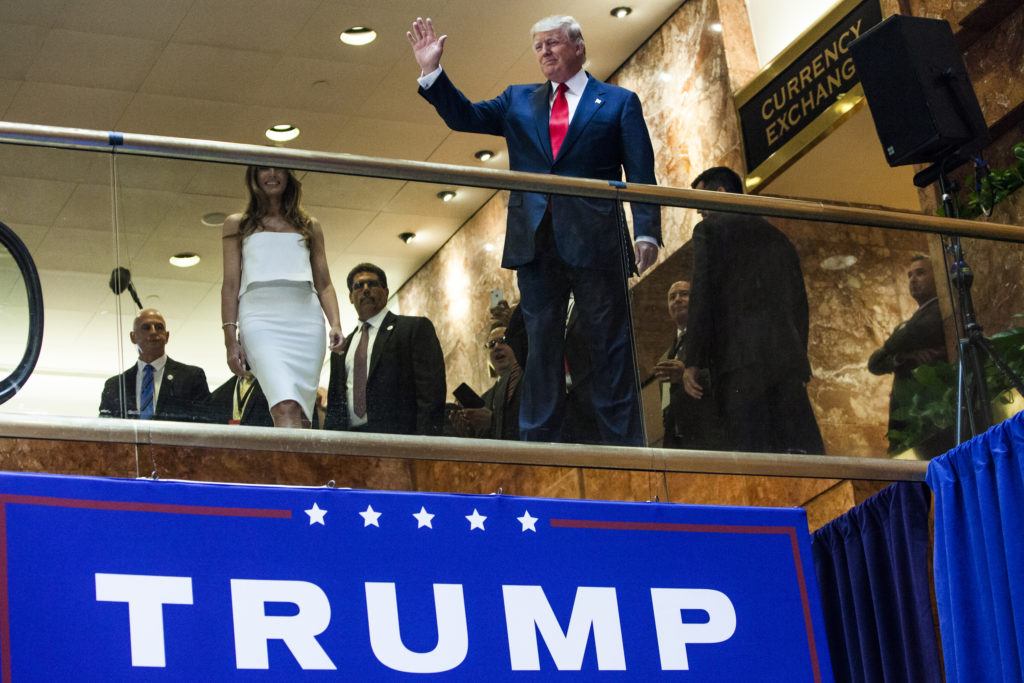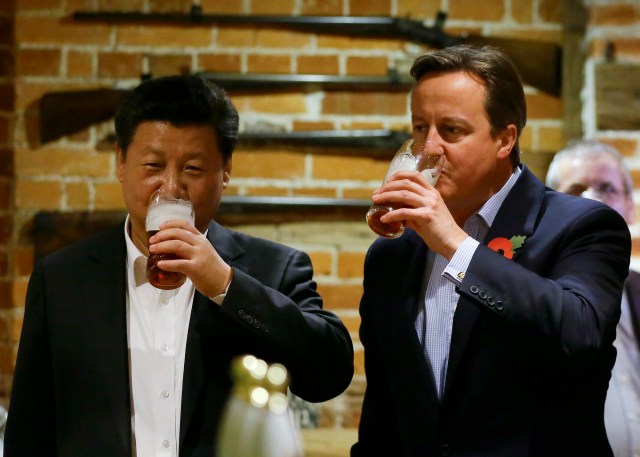
In the first week of 2018, British politics was consumed by the appointment (and subsequent resignation) of someone called Toby Young to something called the Office for Students[1. What a day to be alive]. For the benefit of readers outside of the UK – and outside of the tiny clique of obsessives familiar with this affair – it is almost impossible to exaggerate just how much fuss was made out of so little.
If one needs proof of the debased news values of the British media (and social media) one only has to compare the frenzy surrounding Mr Young with the fleeting interest in a genuinely important appointment that took place shortly before Christmas.
I’m referring to the former UK Prime Minister, David Cameron, and his new role as vice chairman of the UK-China Fund. The purpose of the fund is to help raise finance for China’s Belt and Road Initiative – a vast interlocking network of infrastructure investments that will stretch across Eurasia by land and sea.
Also known as ‘The Silk Road Economic Belt and the 21st-century Maritime Silk Road’ or the ‘One Belt and One Road Initiative’, Michael Burleigh wrote about it for UnHerd back in July.
Writing for Foreign Policy, Bruno Maçães explains why Britain’s cooperation with China on the project could be of such significance:
“As the Belt and Road initiative gains speed, China is increasingly finding that it cannot provide the required financial resources on its own. The numbers involved in financing Belt and Road start at $1 trillion and go all the way to $8 trillion. To attempt to fill these needs at home — using Chinese banks — at a time when its economy is slowing down and its banks are saddled with bad loans would expose China to unmanageable risks. Other institutions are already involved and were even created for that purpose but will do little to fill the financing gap.
“…Therefore, it is essential for China to gain access to global financial markets to complement its domestic resources. No other financial hub could do this better than London.”
A trillion, by the way, is a thousand billion – or a million times a million, if you prefer. In other words, this is a big deal.
As things stand, the UK-China Fund is worth a mere $1 billion. However, if things go well, it could be the forerunner for a much bigger part of the Belt and Road’s financial underpinnings:
“The U.K. would have equal management powers in the new funds, bringing it close to becoming a junior partner in the most significant geopolitical initiative of the next 50 years.”
But why would China choose the UK as its junior partner? Yes, London is a global financial centre – one of the very few with the capacity to handle a project this big, but why wouldn’t China look to the EU or the US instead? Indeed, why wouldn’t they try to grow their own financial sector to do the job?
To take those options in reverse order: China has deliberately chosen not to fully integrate into global financial markets. Its government has no intention of giving foreign banks and other institutions a free hand in the Chinese economy. But by keeping western finance at a comfortable distance, the People’s Republic is closing itself off from opportunities to develop a fully fledged sector of its own – hence the need for partnership.
In this regard, the Americans may be too much trouble – especially with the Trump administration playing hardball over trade policy.

Less obvious, but just as potent, are Sino-European trade rivalries:
“…economic relations between the European Union and China risk entering a strained period. Germany in particular has become vocal about the risks that China could pose to its ambitions of becoming a leader in the digital transformation of industry. Chinese industrial policy is zooming in on the same space that Germany wants to occupy: self-driving cars, robotics, and AI.
“The German and Chinese economies will be increasingly at loggerheads, simply because they are competing for the same economic space.”
China is by far the biggest economy on the Eurasian mainland, but Germany is number two – its smaller size compensated for by that interlocking system of trade barriers and captive markets otherwise known as the European Union.
The commercial interests of the United Kingdom, however, are complimentary not rivalrous. Post-Brexit, it is free – and indeed anxious – to enter into new trading relationships. It also has what China needs in terms of financial expertise (not to mention the contribution it could make to handling the diplomatic sensitivities stirred-up by the Belt and Road Initiative).
Bruno Maçães hopes that Britain will be “up to it”. Time will tell, but in future decades we may come to see David Cameron’s Premiership as only the second most important job of his career.










Join the discussion
Join like minded readers that support our journalism by becoming a paid subscriber
To join the discussion in the comments, become a paid subscriber.
Join like minded readers that support our journalism, read unlimited articles and enjoy other subscriber-only benefits.
Subscribe